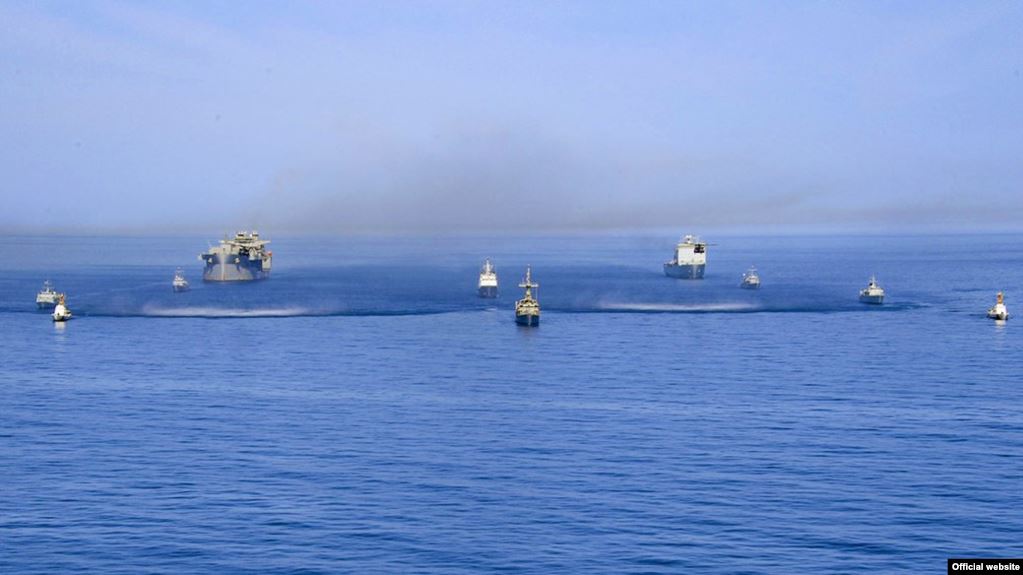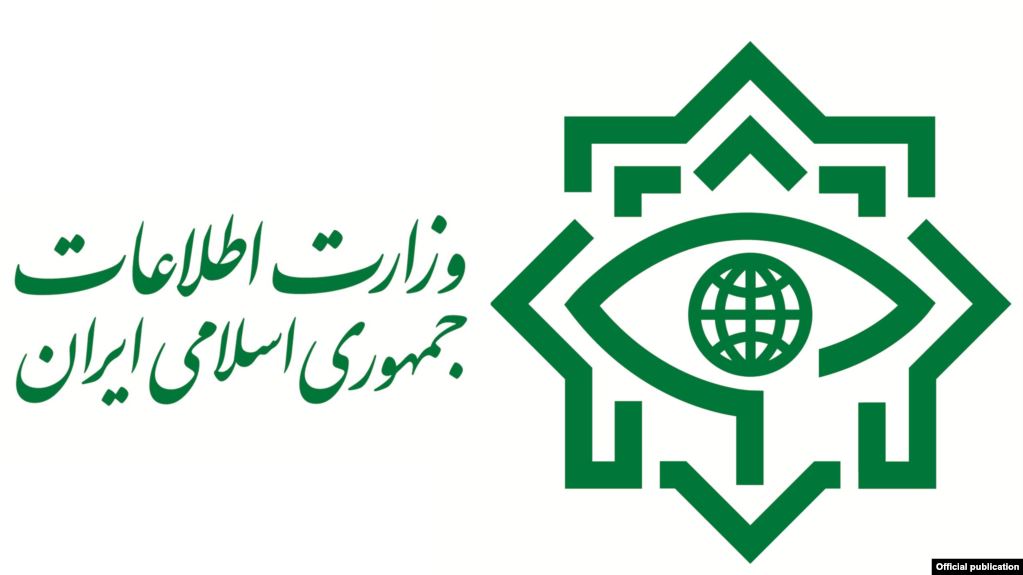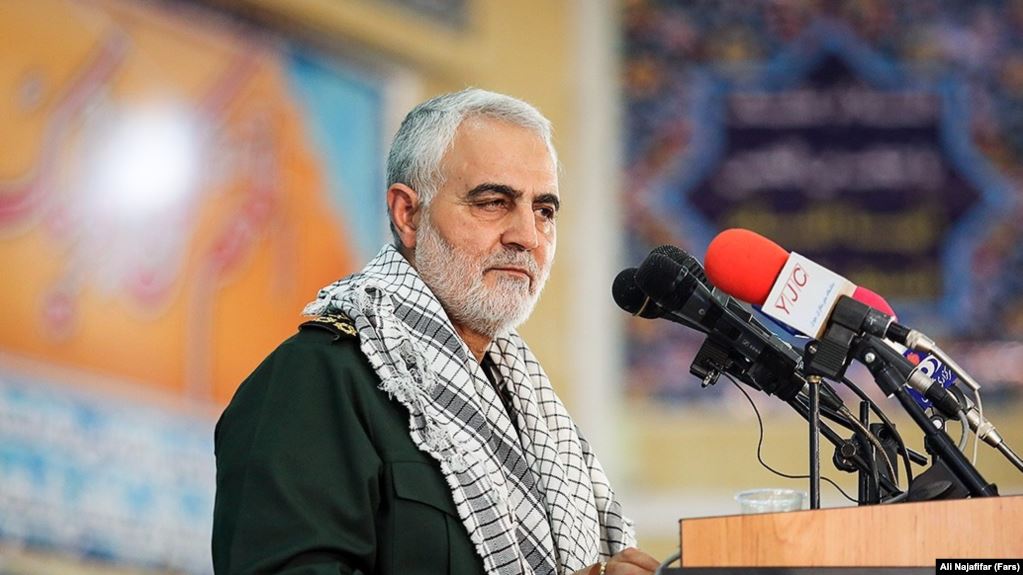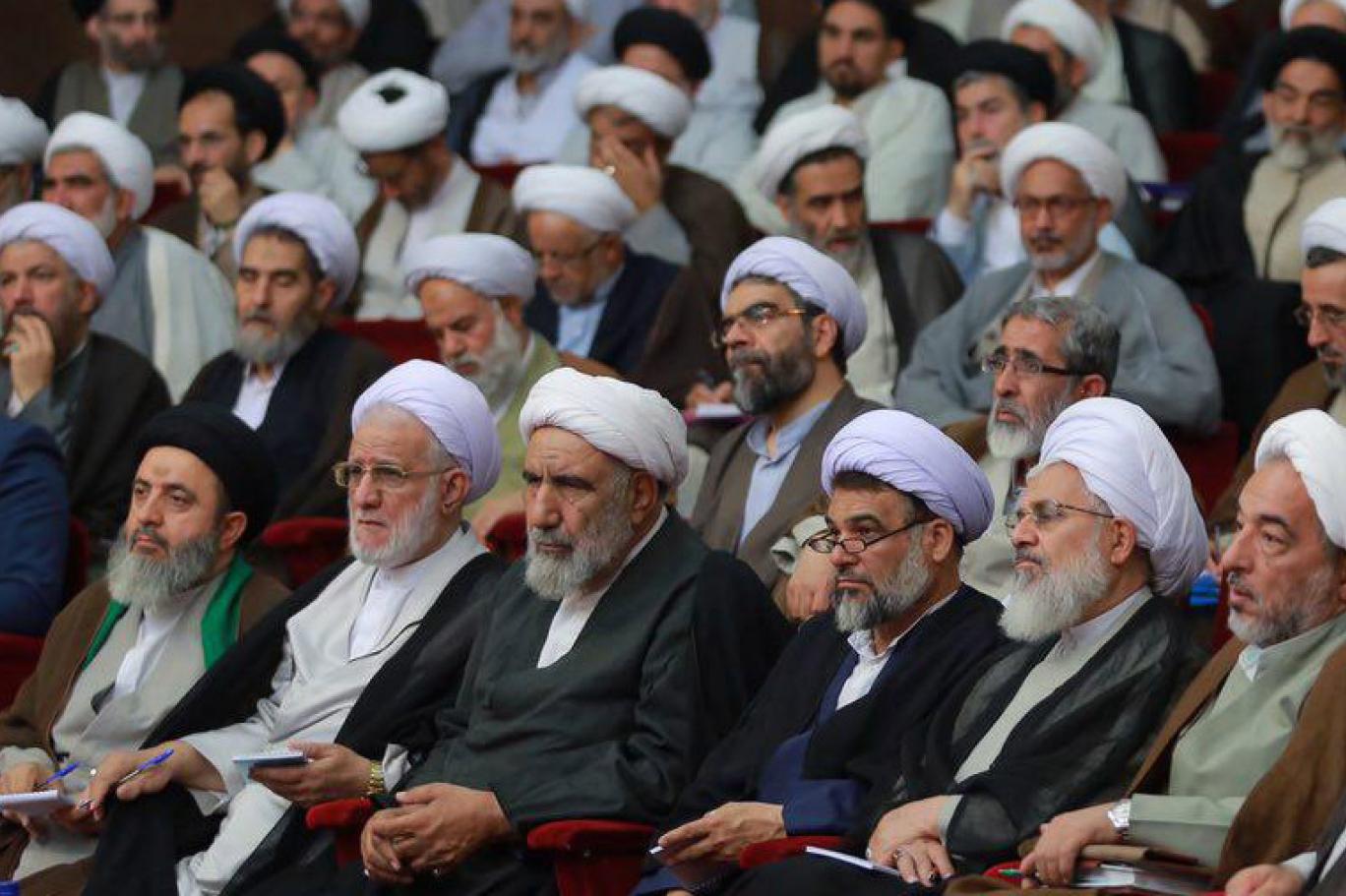
Overcoming dire economic conditions
The editorial of Jahan Sanat deals with the serious challenges facing Iran’s economy and attempts to find a solution to overcome these difficulties.
A number of factors such as increasing economic pressures, a decrease in oil exports, and a drop in the country’s Forex revenues have resulted in major difficulties for economic activity in Iran. An increase in the Forex price, as well as factories and manufacturing units facing an exponential growth in the price of raw materials as a result of US sanctions, have drastically changed economic conditions in Iran. Many producers have stopped their economic activities due to hikes in the price of raw materials.
However, it seems that the efforts by monetary policy-makers during the past months are showing results and the Forex price is being managed appropriately in the currency market. Despite the fact that sanctions have decreased the country’s oil revenues, other capabilities can be used to compensate for lost oil revenues.
On the other hand, the strategies of the resistance economy must be implemented for the country’s economy to be better managed. Meanwhile, some solutions must be found for bureaucratic issues which are deeply ingrained in the policy-making process in Iran.
Under current circumstances, measures must be taken to turn threats into opportunities and to create a competitive economic atmosphere in the country. Producers must take steps in providing high-quality goods, knowing that there are tough challenges ahead of them. Overcoming these difficult economic challenges takes time given the fact that the economy is experiencing tough conditions and there are no positive prospects for the country. With pressure from foreign forces, significant measures can be taken in support of economic actors and to facilitate the economy.
Jahan Sanat – July 31
The problem is with the government’s intervention
The editorial of Jahan Sanat explains why there is no hope for an improvement in Iran’s foreign currency market, as the government plays a major role in this market.
Iran’s dependence on exporting oil as well as its dependence on importing goods are the main features of Iran’s economy. They play a key role in determing the rate of foreign currency. The government’s dominant role in setting the price of foreign currency will indicate whether its policies are effective in ensuring stability in the currency market.
Even though the government’s management of the Forex market during the past several weeks has created relative stability in the market, it must be noted that any government activities in this market will end in rent-seeking. Meanwhile, occasional enforcement of the government’s views in the Forex market has always resulted in instability in that market. Knowing that the government meddles in the price of foreign currency, how can launching a new currency market be considered as a positive move?
It seems that the usual prescriptions will not help in confronting the existing problems and obstacles; they might just help in preserving the current situation. Perhaps, before making any changes in economic policies, policy-makers must amend the constitution and increase the freedom of economic actors and their activities.
Amending the constitution to increase the freedom of economic actors and to restrict the government’s role in the economy can be critical strategies to improve policymaking and developing a roadmap for the country’s economy. Otherwise, changes in the currency market, while preserving the government’s power in determining prices, can only result in economic instability.
Jahan Sanat – July 30
Bad laws
The editorial of Hamdeli deals with how the executive branch in Iran has used the law to its own advantage, which has resulted in the Iranian people becoming increasingly frustrated and alienated.
The law allows those who want to make profits to take advantage of the situation. When the law is discriminatory, it makes it possible for some to perceive themselves as being more privileged than others. So under the present circumstances, the majority of people are experiencing various restrictions and limitations, whereas the privileged ones are receiving astronomical salaries.
This is because we don’t care about the quality of the law. We have been legislating for 100 years, but we are still facing problematic laws. If we want to study the process of law-making scientifically, we must make changes to the interpretation of the law.
The government is responsible for sending bills to the legislative branch. These bills ultimately result in decreasing threats to the country and increasing its opportunities. But what can be gathered from the performance of governments during the past 40 years is that the executive branch focuses on legislation which in the short run makes its record more defensible. As such, the governments become indifferent towards society’s real concerns and issues.
Iranian governments have made a lot of plans to pay astronomical salaries to managers, and now these managers think that receiving such salaries is their natural right. Meanwhile, the Iranian people are struggling with different kinds of problems, while their livelihoods have been endangered.
It must be stressed that as a result of discrimination, society will increasingly lose its trust, which will naturally result in public frustration and widen the gap between the Iranian people and state officials. This is taking place at a time when Iran is under international pressure. Can these people be expected to resist and suffer in order to preserve the regime and its values? The answer is definitely no.
Hamdeli – July 29
The “Reformists’” Supreme Council is like the Guardian Council
The editorial of Mostaghel newspaper focuses on the poor performance of the “reformists’” Supreme Council in the recent elections. The council has been in charge of selecting reformist candidates for different elections, and the Iranian people have trusted and voted for them. But the elected reformist representatives haven’t raised or pursued public demands in Parliament or in City Councils, which has resulted in public frustration and hopelessness.
The Guardian Council, with its supervision, prevents worthy candidates from nominating themselves for elections. Everyone knows that the Guardian Council’s reasons are wrong, and the “reformists” have always rightfully criticized the Guardian Council for this supervision.
In the recent elections (2015 and 2016), the “reformists’” Supreme Council released the so-called “Omid [hope] List”, which resulted in their decisive victories. These victories were made possible because the Iranian people were hoping that by voting for the Omid List, their demands would be met.
Yet those demands haven`t been met and all hopes have vanished. Eventually, we witnessed that in City Councils, Municipalities, and particularly in Parliament, public demands weren’t even brought up or pursued. After the Omid Faction remained silent (for example, in the case of investigating the Tehran Municipality), the Iranian people felt that they had been deceived by politicians and this led to their growing frustration.
This frustration is a direct result of the performance of representatives elected from the Omid List. People were told to trust the candidates in the Omid List, who were supposed to be the best. And the public did trust them. But their performance was poor. The question is why?
The answer is that the “reformists’” Supreme Council didn’t introduce the best candidates. They have created a supervisory body of their own, which prevents honest, and efficient people from participating in the elections. This council, at best, has introduced a bunch of people who have closed their eyes to the issue of corruption or are corrupt themselves.
Mastaghel – July 28

Britain and America hold a military summit in Bahrain over the Strait of Hormuz

Britain invited military representatives of America, France, and other European countries for holding a summit in Bahrain over forming a military coalition to provide security for ships passing through the Strait of Hormuz. The British Defense Ministry announced that the summit would be held behind closed doors.
Britain hopes to create a bridge between America and the European Union, however, Germany has doubts over joining a military coalition led by America in the Strait of Hormuz.
The Bahraini Foreign Ministry wrote on its website that Iran and its affiliated terrorist groups have targeted international shipping in the Gulf and the Strait of Hormuz. They are considered a threat to regional and global stability. The Ministry added that these were the reasons as to why it hosted a summit to discuss regional conditions.
Following the attacks against six oil tankers and commercial ships in the Gulf and Sea of Oman, America proposed forming an international coalition to protect shipping in the Strait of Hormuz and Bab al Mandeb to NATO, but the proposal has not been accepted by France and Germany.
But after the IRGC seized a U.K. flagged ship, Britain has asked European countries to form a coalition of navy forces to escort ships in the Gulf and the Strait of Hormuz. Iran has called this measure “hostile”.
Two weeks ago, Iran seized the British oil tanker Stena Impro in the Sea of Oman. Before that, Iran’s supertanker was detained while carrying 2 million barrels of Iran’s oil near Gibraltar. Iran had threatened that this seizure wouldn’t go unanswered.
Following the detention of the Stena Impro, Britain sent a naval destroyer, HMS Duncan, to the Gulf to protect British ships along with its other destroyer, HMS Montrose.
Washington has officially asked Germany to join the coalition to counter Iranian attacks and to ensure free shipping in the Strait of Hormuz.
Recent estimates show that Iran’s oil exports have dropped to 100,000 barrels per day (bpd) during July, as a result of the US sanctions on Iran’s oil and tensions escalating between Iran and global powers such as Britain and America.
Radio Farda
euronews
The “Venezualization of Iran” foiled by Iran’s Ministry of Intelligence.

The lawmaker Hossein Naghavi quoted Iranian Intelligence Ministry’s Counterespionage deputy head as saying that the “Venezualization of Iran” had been foiled. The announcement was made during a meeting between Iran’s Intelligence Minister Mahmoud Alavi, the Ministry’s Counterespionage deputy– whose name was not mentioned– and members of parliament’s “hardliner” “Velayi Faction.”
The Intelligence Ministry’s Counterespionage deputy told the lawmakers that a U.S. “new espionage network” planned to disrupt Iran’s infrastructure in order to turn Iran into another Venezuela.
Naghavi then quoted an Intelligence Ministry official as saying that the enemy is carrying out projects to influence Iranian society as well.
For example, Naghavi said, the U.S. administration has allocated a massive budget to “promote having dogs in Iranian households, Bahaism, and freedom of religion,” and “supporting bisexuals and homosexuals”, as well as “producing historical documentaries on the Pahlavi era” to glorify that period of time in Iran’s history.
Meanwhile, Ahmad Khatami, member of the Expediency Council, has raised concerns regarding cyberspace, saying it is “nurturing antirevolutionaries.” Khatami warned that “authorities and people should be alert to this danger”. He added the enemy creates despair among people via satellite television and cyberspace.
Ahmad Khatami noted that one of the recent examples was when Trump announced downing an Iranian drone. Khatami maintained that in spite of the fact that Iranian authorities denied Trump’s words, some people believed him due to their reliance on cyberspace.
Radio Farda
Tabnak
The IRGC Quds Force establishes an ‘economic committee’ to ‘neutralize’ sanctions

The Chief Commander of the IRGC Quds Force Qassem Soleimani has announced the establishment of an “economic committee” in his military force to “help to neutralize the sanctions” imposed on Iran. The activities of this newly-founded economic committee are not clear yet.
Founded in 2003, the Quds Force consists of numerous construction and business companies which have been active in 6 Iraqi cities as well as in Damascus in Syria, conducting more than 150 projects.
The Quds Force is in charge of the IRGC’s overseas operations, mostly it is active in the Middle East. It is working not only with Hezbollah in Lebanon but it has also established two groups – Fatemiyoun and Zainabiyoun – in Syria which are comprised of citizens from Afghanistan and Pakistan. The Hashd al-Shaabi forces in Iraq and the Houthi militia in Yemen are among other groups supported by the Quds Force.
Qassem Soleimani has been sanctioned by the United States since 2011. The United States has blamed him again and again for his role in Iran’s “destructive measures” in the region. The U.S. administration has also repeatedly noted that the economic activities of the IRGC Quds Force are taking place to evade the sanctions. The United States has also accused the IRGC Quds Force of being involved in drug trafficking as well.
Radio Farda
Why are Shia clerics beaten up in Iran?

Shia clerics are beaten frequently in Iranian society. After each incident, the Iranian regime reacts the same way: describing the incident in its propaganda machine as a confrontation between good and evil, airing images of the beaten person to make him look innocent, and announcing the immediate arrest of the attackers.
Nevertheless, attacks have continued. In addition to beatings, clerics being insulted in public spaces, too, has become common, as some honest clerics have admitted.
This phenomenon is unique in the world. A majority of Buddhist, Christian, Jewish, and Muslim clerics preach their own beliefs peacefully and do not interfere in the private lives of others. Their audiences are allowed to either listen to or ignore their messages.
But in Iran, under the rule of velayat-e faqih [Islamic jurisprudence], Shia clerics not only enjoy all privileges, but they also want to engineer society as well as each and every citizen to make them look and act like them.
All cases of clerics being beaten have started with them “enjoining the good and prohibiting the wrong” to the young. Even though no form of violence is defensible, observers and analysts shouldn’t ignore the grounds for violence stemming from the Iranian regime’s policies, as well as prevailing social conditions.
More than half of the youth are unemployed and see no future for themselves. While doing ordinary things like eating ice-cream or going to public parks, the youth are harassed by the clerics who have all privileges (as a matter of fact, no cleric is unemployed in Iran). As a result the young turn to violence against the clerics.
Under such circumstances, “enjoining the good and prohibiting the wrong” can spark an outburst of anger among the youth, who have been suppressed in schools, streets, and universities. They know that “enjoining the good and prohibiting the wrong” is no longer for promoting religious beliefs and precepts, but for enforcing power and guaranteeing the continuity of the corrupt regime.
As such, Shia clerics have been only looking for special privileges for themselves, their relatives, and their cronies, while imposing their own way of life on others in the name of Sharia.
Independent Persian
